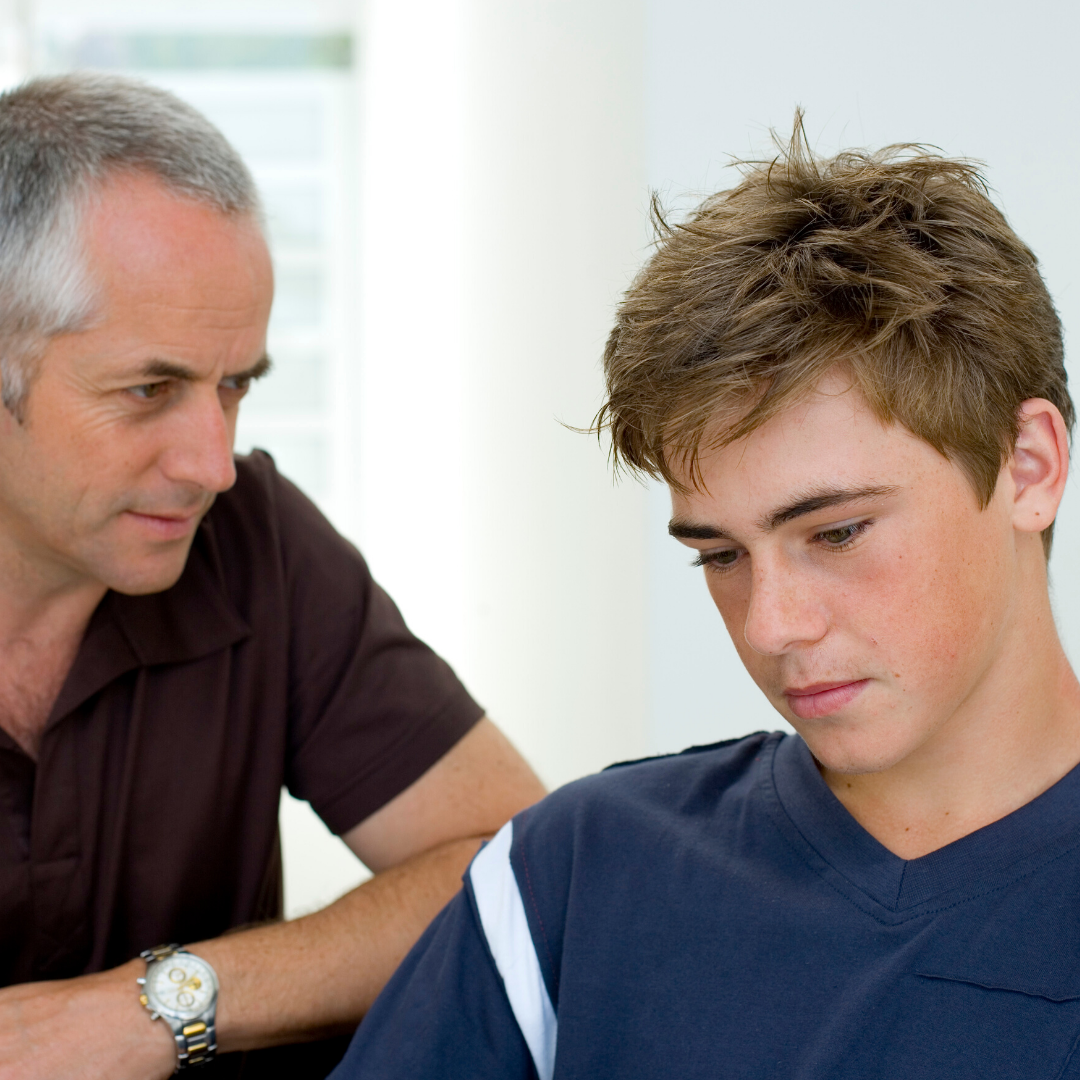
I’m keen to experience dating as a disabled person, but my dad is overprotective and I struggle to go out. Click to read more…

I’m keen to experience dating as a disabled person, but my dad is overprotective and I struggle to go out. Click to read more…
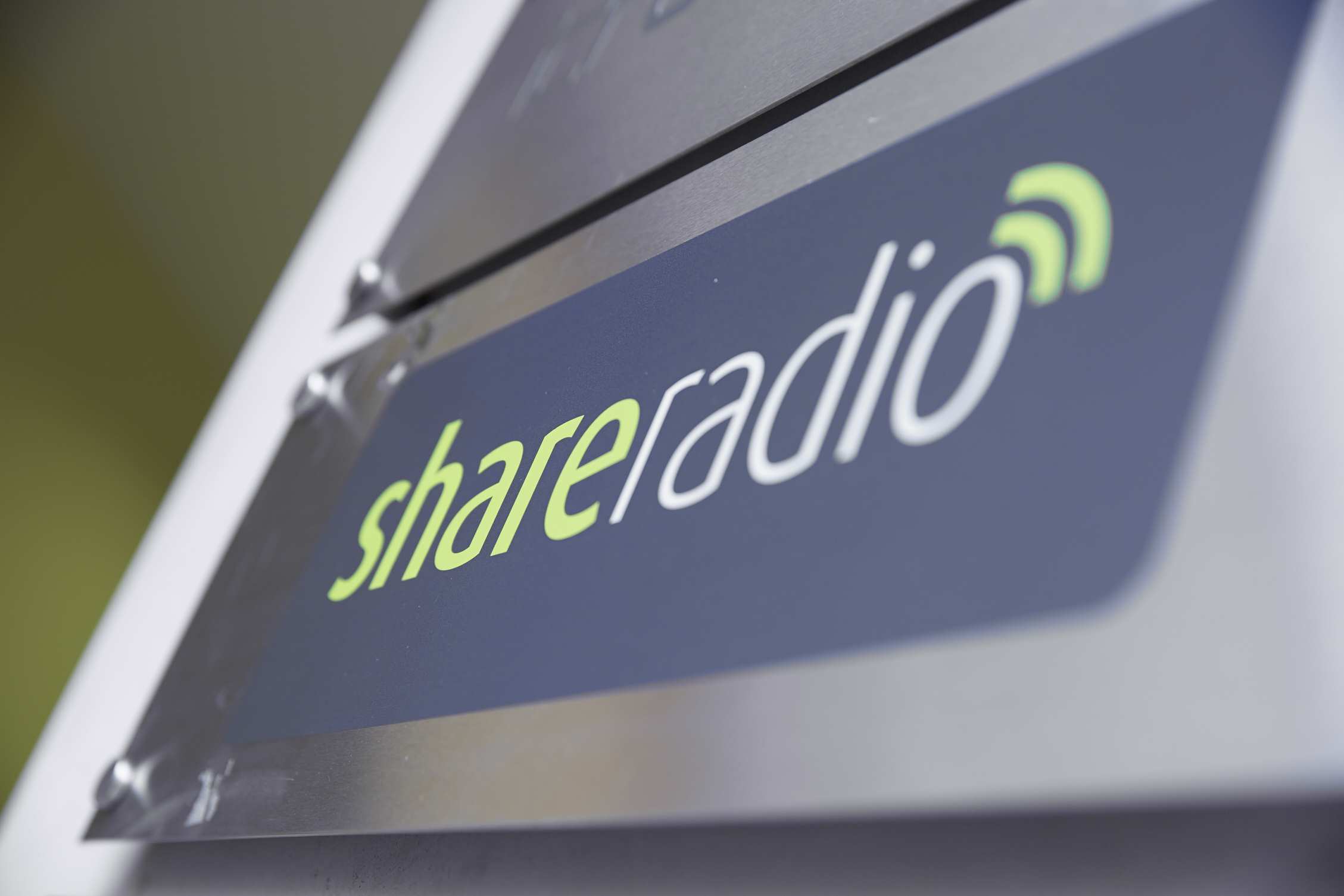
Our CEO Jennie Williams chats about undressing disability, and disability it the workplace. Click to read more…

Alice is a French speaker from Belgium, for twenty years she’s lived with syringomyelia. Click to read more about her thoughts on seeing peoples potential, able-bodied or not.

I have different songs which shall be forever be associated with different points in my life. Songs that feel like they were written specifically for me.

Naomi knows all too well the challenges of disabled dating, both with her own health challenges and caring for her girlfriend. Click to read more…
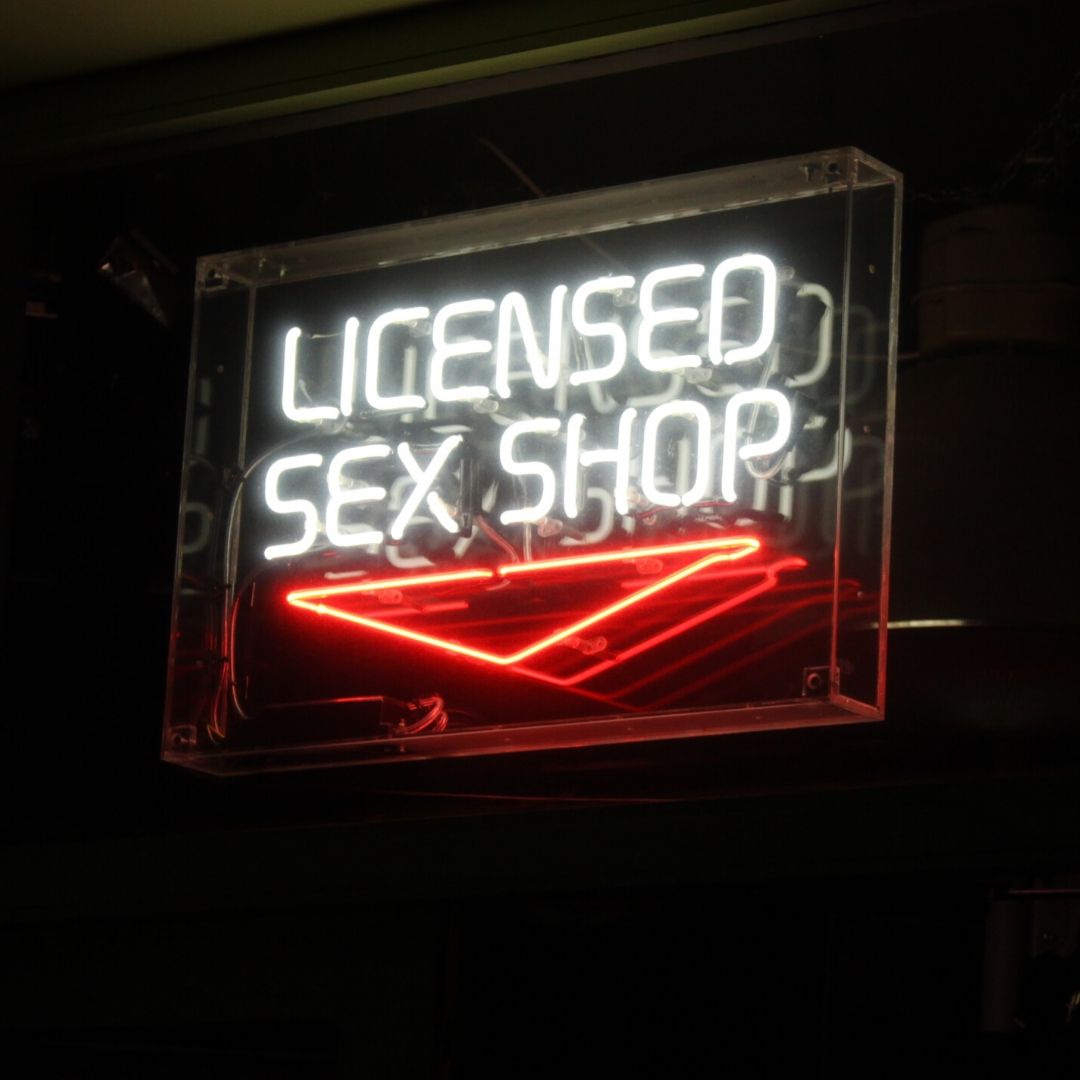
Paying for sex as a woman is still a pretty taboo subject – click to read our advice for how to deal with a lack of intimacy…
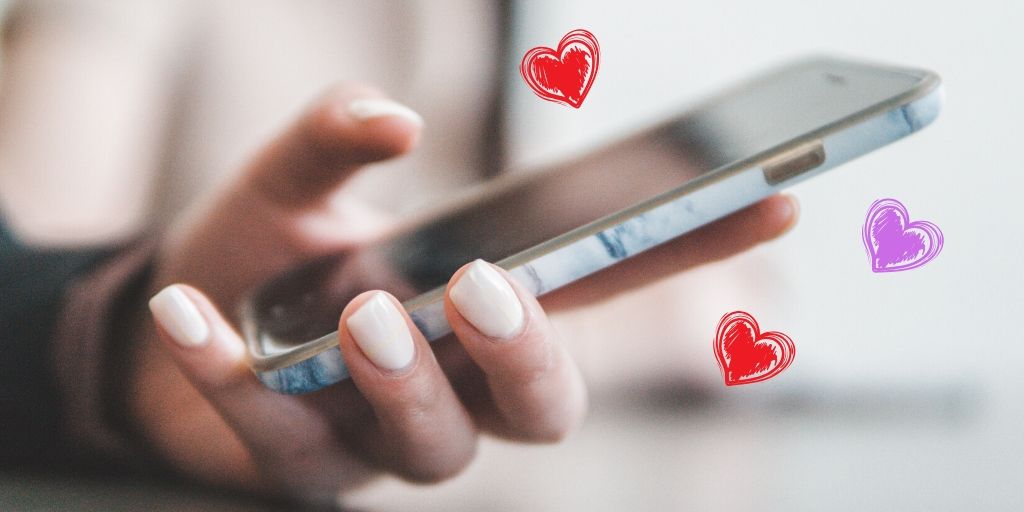
I’m finally getting comfortable with online dating and really enjoying flirting again – though how can I stop thinking each problem is caused by my disability?
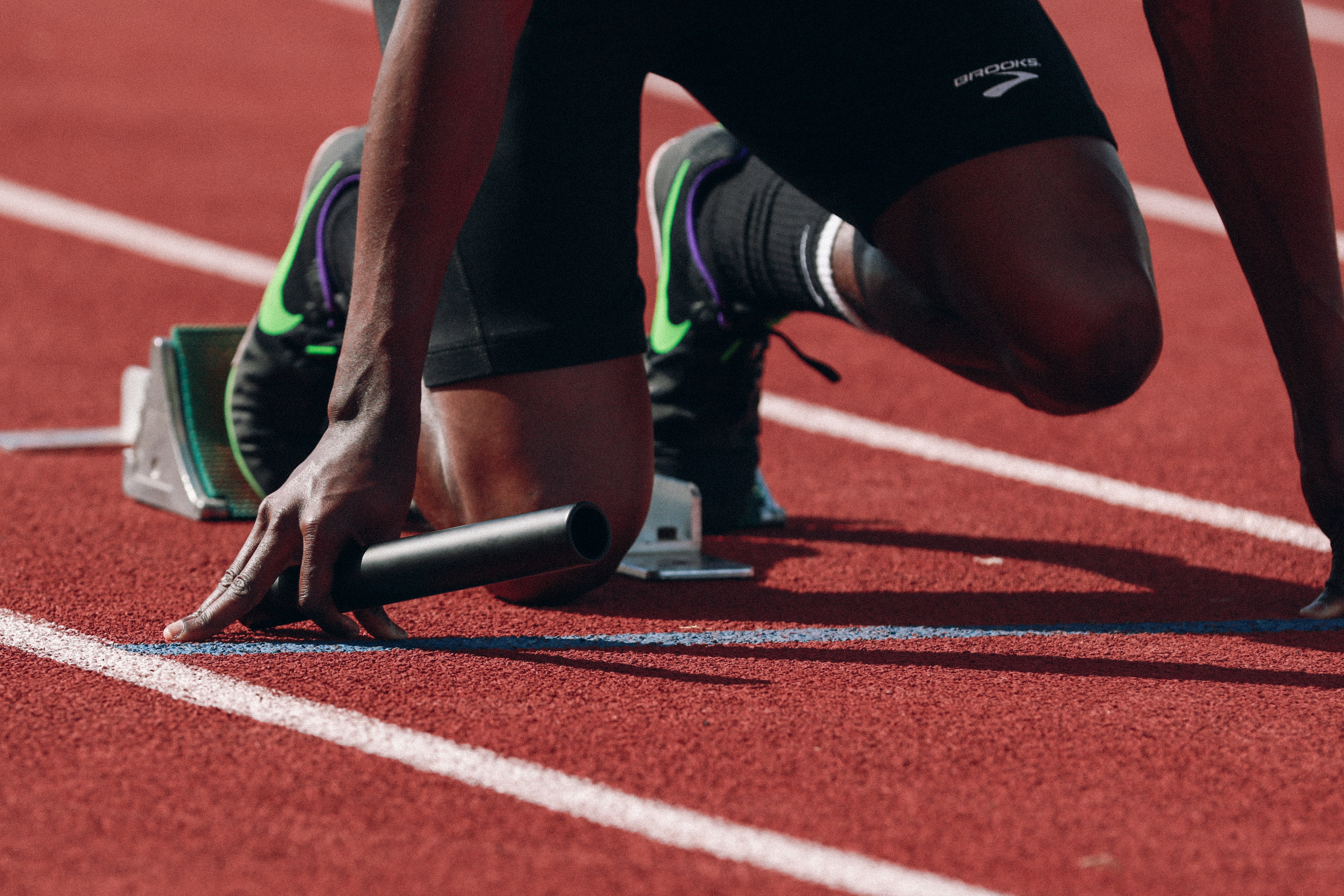
Fatigue is misleading, people take it to mean I’m tired – I feel like I’ve physically run a marathon. Click to read more of Gavin’s story…
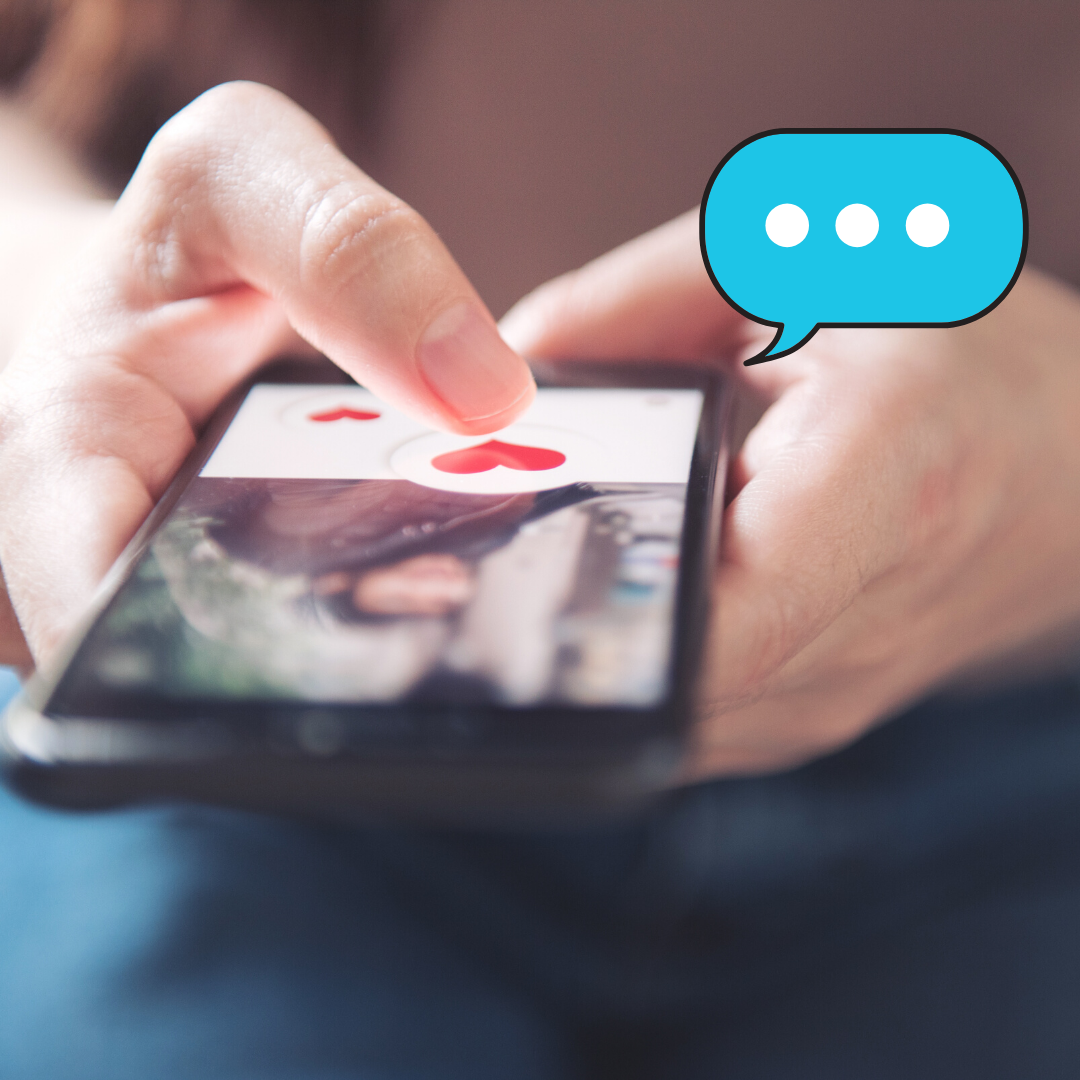
I’ve been trying my hand at online dating, especially hearing the hype surrounding Tinder and similar apps. But, I’m not sure how to bring my disability up…
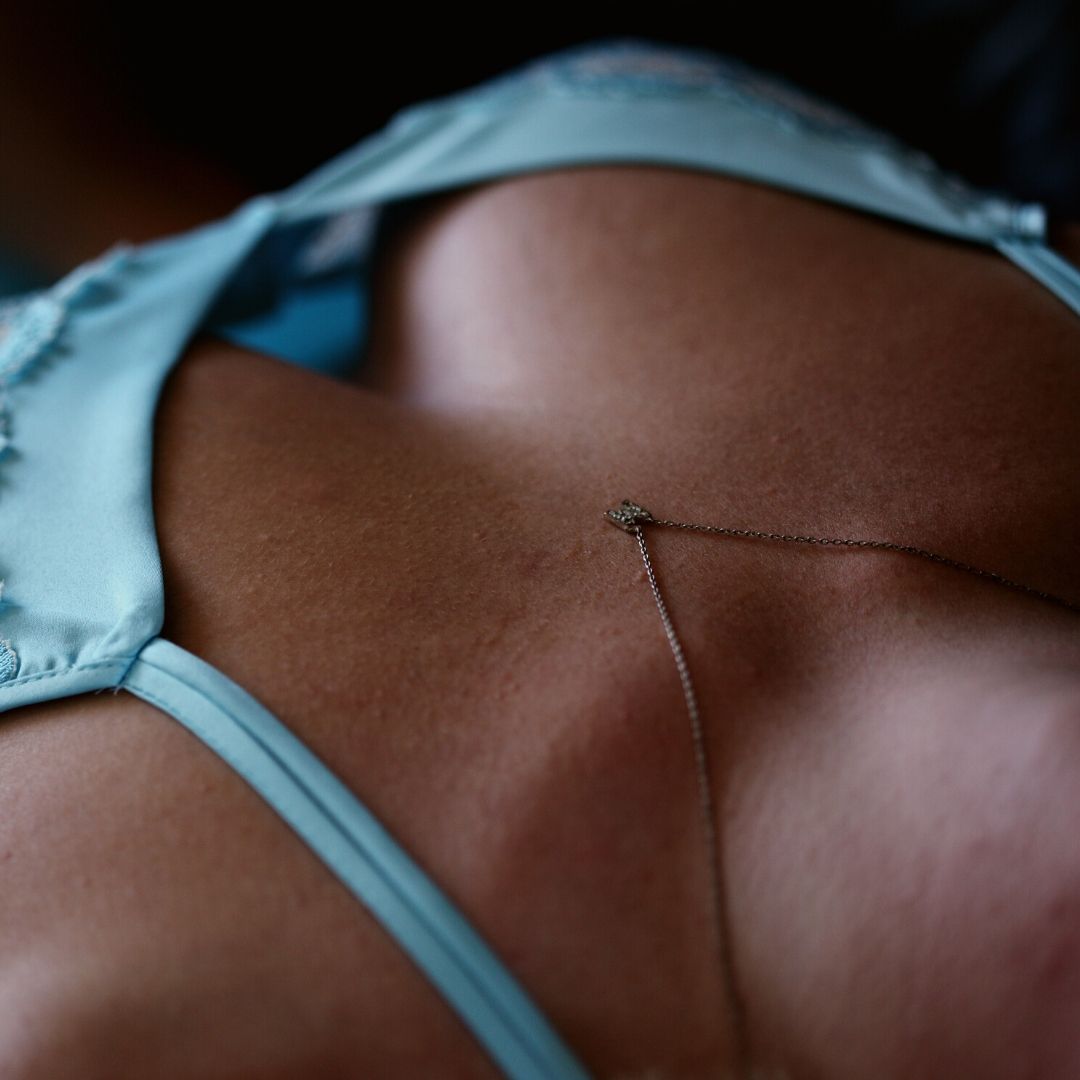
I’m struggling to feel sexy in my wheelchair after my accident, how can I avoid becoming a ‘lights off’ kinda person? Click to read more…